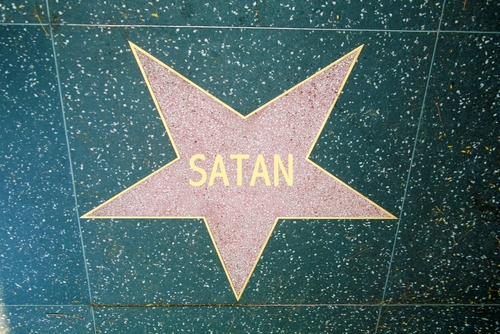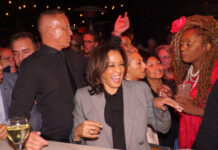
In a recent turn of events that has caught the attention of many, RuPaul Charles took to the stage at the Emmy Awards and delivered a speech that has since become a topic of heated debate. The iconic host of “RuPaul’s Drag Race,” a show that has won the Outstanding Host for a Reality or Competition Program award eight times consecutively, used his platform to defend the practice of drag queen story hours in libraries.
RuPaul’s message was clear: “Listen, if a drag queen wants to read you a story at a library, listen to her.” He emphasized the importance of knowledge as power and cautioned against those who seek to restrict access to this power, suggesting that such attempts are rooted in fear-mongering.
Ru Paul gives Emmy acceptance speech promoting Drag Story Hours for Kids.
“If drag queens want to read you a story at a library, listen to her.”
Paul is arguably the biggest promoter of drag queen culture being pushed on kids with his show Drag Race.
— Oli London (@OliLondonTV) January 16, 2024
The speech, however, did not go without its share of controversy. Accompanying RuPaul on stage was a drag queen named Princess Poppy, who was dressed in an outfit that some described as a “literal hell goblin.” This choice of attire sparked a wave of irony-laden comments across social media platforms, with users pointing out the contrast between the call for normalizing drag queens and the goblin-themed costume.
Critics argue that the presence of a character like Princess Poppy undermines the message of normalizing drag culture, especially in contexts such as story hours aimed at children. They contend that such displays can be confusing and potentially frightening for young audiences, which contradicts the intended message of acceptance and understanding.
Why is there a GOBLIN at the Emmys? pic.twitter.com/nwU4ZVBr0f
— Jesse Rowe (@frontrowemedia) January 16, 2024
Supporters of RuPaul have come to his defense, stating that the drag community is known for its flamboyance and theatricality, and that such expressions should be celebrated rather than censored. They maintain that drag queen story hours are a means of promoting diversity and inclusivity, providing children with exposure to different forms of self-expression.
Despite the support, there remains a significant portion of the population that is uncomfortable with the idea of drag queens engaging with children in a library setting. They express concerns about the appropriateness of introducing young minds to complex themes of gender and identity through such performances.
The debate over drag queen story hours is indicative of a larger cultural clash, where questions of tradition, values, and the boundaries of childhood education are being fiercely contested. As society grapples with these issues, the conversation around drag culture and its place in public spaces continues to evolve.
In conclusion, RuPaul’s Emmy speech has undoubtedly added fuel to an already fiery discourse on the role of drag queens in mainstream culture and children’s education. While some applaud his stance as a step towards greater acceptance, others remain skeptical, calling for a more cautious approach to the integration of drag culture into family-friendly environments. The discussion is far from over, and it is clear that as long as figures like RuPaul continue to push the envelope, the conversation will persist.












